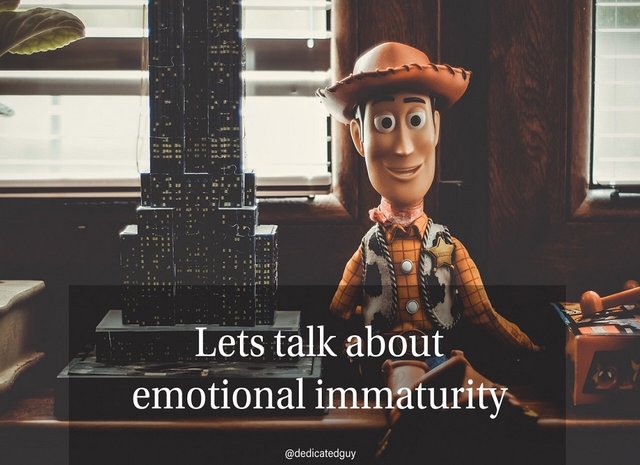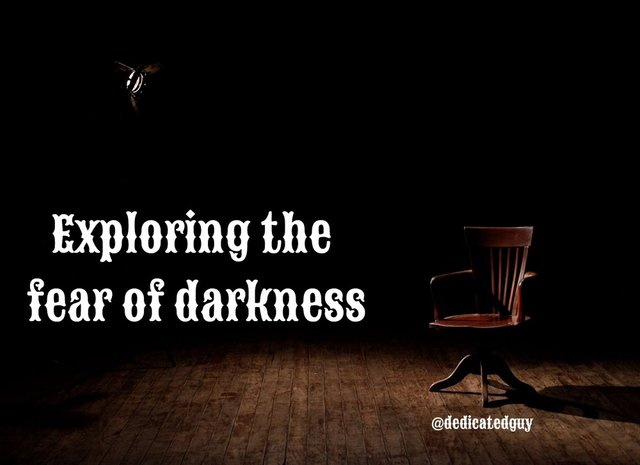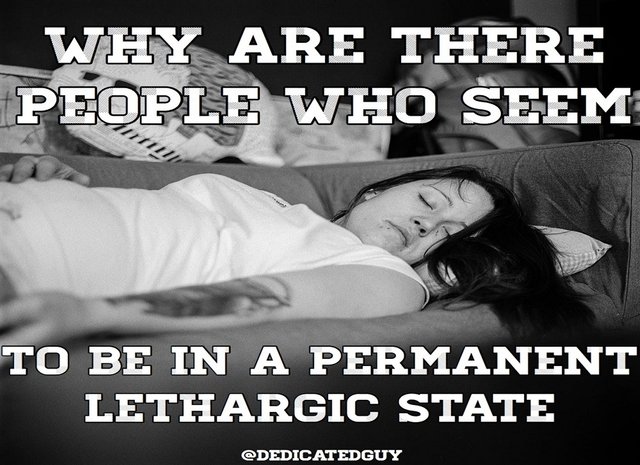Understanding shyness


Introduction
Being a shy person is not necessarily as bad as it might seem, having a shy behavior can even be seen as a positive trait when the shyness isn’t too intense. In general, shy people tend to be more respectful, trustworthy, and have no problem following social norms when it comes to attending any type of gathering.

Having moderate shyness does not prevent anyone from enjoying life and moving towards their goals and milestones, nor does it have to affect the self esteem. However, there are people whose shyness becomes so intense, that it can even prevent them from having a good quality of life as well as properly engaging with people they like, which leaves them with a feeling of being incapable of achieving what they want as if they didn’t have enough skills to find success, among other things that can lead them to isolate themselves from others.
This type of intense shyness, which is extremely negative for everyone who experiences it, can also be the result of suffering from social phobia.

What is this issue all about?
Shyness is nothing more than “the awkwardness or apprehension some people feel when approaching or being approached by other people” | Source, and it is important to understand that even thought there is nothing wrong with being shy, this personality trait can lead people to suffer some problems when it is time to relate with others and participate in activities with our community.
Many people get nervous in social situations, like speaking in front of a high number of individuals or discussing things with a certain group, feeling slightly nervous happens to pretty much everyone and it is completely normal. However, there are some individuals who might experience very high levels of anxiety in situations like the ones just mentioned, their anxiety can lead them to avoid at all costs these daily social activities, they are afraid of being embarrassed or criticized in front of others even in the most commons situations, and the concern about what others might think of them or the strong anxiety they feel every time these people go out are very unpleasant experiences for them, which ends up interfering with their normal life.

The latest government epidemiological data show social anxiety affects about 7% of the population at any given time. The lifetime prevalence rate (i.e., the chances of developing social anxiety disorder at any time during the lifespan) stands slightly above 13% | Source
Being able to identify this problem before it becomes a serious issue is essential so that this anxiety does not end up completely limiting the person's life, because when a person becomes incapable of handling social interactions without getting too nervous, it would be impossible to have a meaningful life due to the negative consequences that this type of disorder brings.
By avoiding social situations, the problem only gets to increase more as time pass, so the person runs the risk of ending up totally isolated from others, and this can allow even major problems to be developed such as depression and other types of disorders that can become harder to solve if they aren’t dealt with in time, therefore, it is worth making an effort to figure out ways on how to solve this situation and not allow this problem unattended.

Shyness and social phobia are deeply related with each others, because the first one can be the result of the later one.
Social phobia is defined as follows:
is an anxiety disorder characterized by overwhelming anxiety and excessive self-consciousness in everyday social situations | Source

Social anxiety is the fear of social situations that involve interaction with other people. You could say social anxiety is the fear and anxiety of being negatively judged and evaluated by other people. | Source
This problem can be the result of going through a traumatic event or it can slowly develop itself throughout our lives, especially for people that didn’t learn how to face difficult situations when they were little, and eventually they find themselves actually being afraid of circumstances that could otherwise be considered as normal.
Perceiving life like this, is based on the way the person was raised, and the subsequent life experiences, for example, if a person throughout his life has suffered from a lot of negative social situations like bullying or rejection, then he is more likely to become a shy person, and if this is not corrected in time, the intensity of the shyness can increase.
Some symptoms typical of people who suffer from this are:
- worrying intensely about social situations
- worrying for days or weeks before an event
- avoiding social situations or trying to blend into the background if you must attend
- worrying about embarrassing yourself in a social situation
- worrying that other people will notice you are stressed or nervous
- needing alcohol to face a social situation
- missing school or work because of anxiety. | Source
The education is an important factor for the manifestation of this problem, because overprotective parents can sometimes be unable to provide the best tools to children so they can properly learn how to engage in social situations, and the lack of social contact prevents the person from correctly developing their social skills, if we are not very good at it, we can feel insecurity when future social interactions are approaching, making the person experience fear every single time.

These people can also end up developing a series of negative and irrational beliefs about themselves and how they perceive the world, they could have the thought that they always need to please everyone, and that in order to fit into society they need to be absolutely perfect, which follows the reasoning that it is better not to say anything than to say something and commit a mistake.
There is also a neurological factor that could trigger the manifestation of this type of problems, and it is related to the amount of serotonin produced by the person, “individuals with social phobia make too much serotonin. The more serotonin they produce, the more anxious they are in social situations.” | Source

Overcoming the issue
For people that are having their lives affected by this, it will be necessary for them to have clear goals and focus on them, they will have to go little by little, training their body and mind to not feel fear in any situation of this type.

Recognizing the value of our own thoughts can be of big help when trying to improve the self esteem, because it can increase the self confidence in the first place and then the person will be able to express what he thinks in front other people without feeling too nervous, knowing his opinions are valued and appreciated. Now, acknowledging the fact that each person is unique and skills will always be different between 2 individuals is necessary, people should not feel less because they do not have the same qualities as other individuals, accepting themselves as they are is therefore imperative, eventually they will be able to exploit their capacities to the maximum and thus increase their self esteem in a sustainable way. Besides, the most introverted people are usually very reflective, this can lead them to have ideas or reach conclusions that no one else had thought before. If they share their reflections to the world, people will thank them for their insight.
After the self esteem and security have improved, it is time for them to put their skills into practice. For this, it is better to do it gradually, by first going to small social gatherings or talk with a closed circle of friends. Little by little, the person will be able to go further and end up attending events that he could never have imagined going before.
Avoidance keeps social anxiety disorder going. While avoiding nerve-wracking situations may help you feel better in the short term, it prevents you from becoming more comfortable in social situations and learning how to cope in the long term. In fact, the more you avoid a feared social situation, the more frightening it becomes. | Source

Conclusion
Shyness even though it is not inherently bad, can be the result of something much more complex, which is the impossibility of an individual to have normal social interactions due to the presence of an intense anxiety every time there is an opportunity to engage with other people.
In the worst case, this can destroy the person emotional balance because having no social interaction is not healthy no matter how introvert an individual can be.
Therefore, if a particular person is noticing he is starting to feel unease every time there is a social gathering, and the feeling doesn't seem to go away, then it will probably be the wisest thing to not ignore this little issue, and figure out ways to overcome it before it turns into something much more complicate to face.
Have you ever experienced strong anxiety when having to face a certain social situation?
References
psychologytoday – social phobia
socialphobia – social anxiety disorder
sciencedaily – social phobia and serotonin
jamanetwork - social anxiety disorder & serotonin
Image sources
All images are from pixabay and pexels

Previous articles


Let’s talk about emotional immaturity |

Exploring the fear of darkness |

Permanent lethargic state |

SteemSTEM is a community project with the goal to promote and support Science, Technology, Engineering and Mathematics on the Steem blockchain. If you wish to support the steemSTEM project you can:
This post has been voted on by the steemstem curation team and voting trail.
There is more to SteemSTEM than just writing posts, check here for some more tips on being a community member. You can also join our discord here to get to know the rest of the community!
That is our problem, I don't even like going out.
Is intimidation the cause? because sometimes I feel intimidated but sometimes I don't.
Strong yes but when I am Playing drums in a concert or show I don't feel intimidated
that is like what I know how to do best after solving mathematics.Hello @osariemen , there could be many reasons why people wouldn't like to go out, you might want to check this previous article.
That's very common, when people do things they can easily master, the typical nervousness of performing in front of people can disappear while they focus on their particular task, in your case playing the drums.
Cheers mate.
As a shy person I find this article perfectly said so everyone will understand our world better. I'm happy to see that someone has finally defined it exactly how it is. :)
Thanks for your kind words @gabrielatravels!
Great post, @dedicatedguy. I've been challenged by this my whole life - although I've managed to deal with it and learn techniques to 'hide' it. But it's there! I've even joined toast masters a couple times to challenge myself to overcome it after being confronted with the fact that 'I forgot my own name' at a teaching workshop ;) LOL It's really not funny though - it's mortifying. People are always surprised when I tell them this.
I've always wondered if neuro-feedback would help. It works really well for phobias.
You have indeed put a lot of effort into solving this, do you still get nervous on social situations?
I ask that, because eventually the intensity of your nervousness should start to decrease with time.
I have a funny anecdote from a few years ago, I had to make a big presentation with 2 other friends, and we were so worried about it, that I took the "lead" and decided to go to a pharmacy to buy one of those natural relaxants, so we could drink it before the presentation. That was the only time I decided to take precautions when knowing I would get nervous when doing something.
I think it really depends on how I'm doing/what's going on in my life. The more social interaction (of a positive kind) and the more down to earth/supportive, the better I am. Mine comes from childhood stuff - and certainly I am much, much better than I was in my earlier years - I would almost pass out and have to bolt from the scene. I'll tell you my worst nightmare is when in a group of people having to 'introduce myself and say a little something' LOL Total panic! There is a positive in all this though....being so shy allows you to 'listen' more and observe more - you learn a lot.
I've never used anything for this but recently I ran across an amino acid called L-theanine - promotes relaxation without sedation and reduces stress while improving 'attention'. I've not had any situations where I could say it does help definitively but I do feel more relaxed. Apparently it works really well for vets with PTSD and other disorders like OCD/ADD actually. Also, ashwagandha is helpful although I am unfortunately 'allergic' to it.
I've tried other things, too like EFT - very powerful stuff! If you are carrying a heavy load, I would recommend working with someone (as you can do this yourself) and making sure you bring a big box of tissues with you ;)
I think your article is very good in that it emphasizes 'keep that social interaction going' - I think that is very important. And also getting to the root of the shyness/anxiety - challenge yourself to heal and set goals to overcome it - superimpose positive experiences. And of course, remove toxic people from your life if possible.
Yep, I've definitely done a dance with my shyness over the years. Funny thing - I did theater in high school, and never had a problem when I was on stage (beyond the usual jitters). However, about a decade later, I decided (long story) to run for the office of State Representative in our area. I wrote a speech, practiced it, and was fine. The absolute moment I stepped in front of that microphone - total nerves! I shook my way through the whole thing, and felt like a little shy girl again. Emotions are funny things.
And excellent information about all things shy, @dedicatedguy! Nicely done!
I can imagine going through something similar, speaking in public is not something that I feel comfortable with, but in my case it has always been like that.
In the end, did you became a State Representative?
Nope, and I actually didn't expect to win - I was running against two others who had long and strong ties to the community that I'd only lived in for a year. However, it was part of a push from the Libertarian party to get 100 people running on the ballot in NH for that year, and in that, we succeeded. 😊
#steemitbloggers